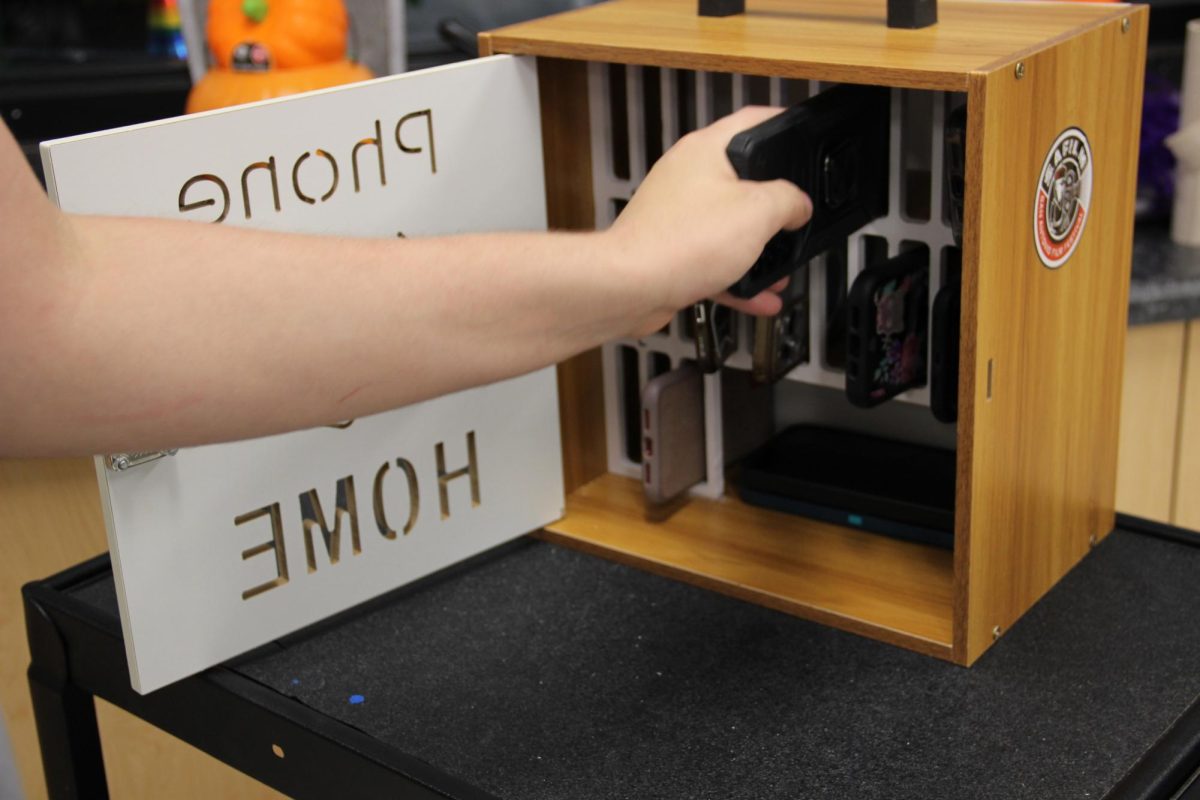So. This is it. You signed up for the test. You dropped $80 to take it. And, guess what?
You have not paid attention in class since September.
Don’t worry. I got you.
I present to you: How to Cram a Year’s Worth of Information in Under a Month – A guide for professional procrastinators from a professional procrastinator herself
Disclaimer: You have a month. This guide is useless if you procrastinate any further. If you try to follow these steps the night before the test, it will get you nowhere but a deep dark hole of anxiety and lack of sleep.
1. Take a practice test
 Believe me when I tell you that this is the first thing you want to do before even thinking about doing anything else. Taking a practice test will save you time and effort later. Why? Well, by taking the test you can identify areas of weakness and areas of strength. These can look like units that are easier, or that you remember better, versus ones that you have no recollection of going over. OR maybe, you realize that you are doing very well in FRQs or SAQs, but not that good in the MCQs. Taking a practice test will also let you know your position regarding time management: are you finishing the sections early? Or maybe you need to focus on being quicker and not overthinking.
Believe me when I tell you that this is the first thing you want to do before even thinking about doing anything else. Taking a practice test will save you time and effort later. Why? Well, by taking the test you can identify areas of weakness and areas of strength. These can look like units that are easier, or that you remember better, versus ones that you have no recollection of going over. OR maybe, you realize that you are doing very well in FRQs or SAQs, but not that good in the MCQs. Taking a practice test will also let you know your position regarding time management: are you finishing the sections early? Or maybe you need to focus on being quicker and not overthinking.
2. Identify your areas of weakness and strength
After completing your first practice test, write down the units or topics that you did poorly on and the ones that you did amazing on. For now, you will DISREGARD WHAT YOU ARE ALREADY GOOD AT. Don’t spend time on stuff that is already learned; if you want to revisit it a few times, that’s fine. But for goodness sake, don’t waste your time getting every question right just because you like the feeling of not being a failure (am I projecting here?).
Now that you have the units you need to go over, also identify if you need to practice open-ended questions more than multiple choice. WRITE THAT DOWN TOO.
3. Target weaknesses
 Alright. Now that you have a list of the things that your brain decided not to store in your long-term memory, let’s get grinding.(Too cringey? I don’t care. This is a good situation to use “grind” in).
Alright. Now that you have a list of the things that your brain decided not to store in your long-term memory, let’s get grinding.(Too cringey? I don’t care. This is a good situation to use “grind” in).
You are going to do the following:
- Revisit the topic/unit through a textbook, notes, or videos.
- Re-make notes; SHORT NOTES.
- Focus on the main topics
- Focus on keywords/vocab words (especially for those social studies APs)
- Quiz yourself over that specific topic
- REPEAT FOR ALL TOPICS YOU FEEL ICKY ON
4. DRILLS, BRO, DRILLS
This is pretty self-explanatory: you have to practice taking the test. Take multiple practice tests. Maybe just take the section that you struggle with the most. Maybe skip certain parts or questions. BUT TAKE DRILLS. Most importantly, TIMED drills. This is the only thing that will help you learn how to manage time.
And don’t forget to go over the questions you missed after taking the drill. Or else how are you supposed to learn?
5. Test-taking strategies
It’s the two days before AP tests. What are you doing?
A) Learning new content and trying to cram more information
B) Realizing you are a lost case and start figuring out how to cheat the system
Hint: B is the right answer.
Here are my favorite strategies:
- Process of Elimination. I mean, this is a boring one, but it is my favorite one. Essentially, if you can’t point to the right answer, point to the wrong one.
- Look out for extreme language. It is VERY likely that the answer choice that seems most aggressive or “definite” is wrong. Example: “The grass is always green.” Always? You definitely haven’t seen Texas mid-winter… yellow as heck.
- Read the question. This sounds dumb, but hear me out: the answer usually contains certain keywords that point to the right answer. This helps especially in equations with similar answer choices.
- Look out for the right answers to the wrong questions. These are definitely harder to spot, but keep this in mind and you will start spotting them.
















